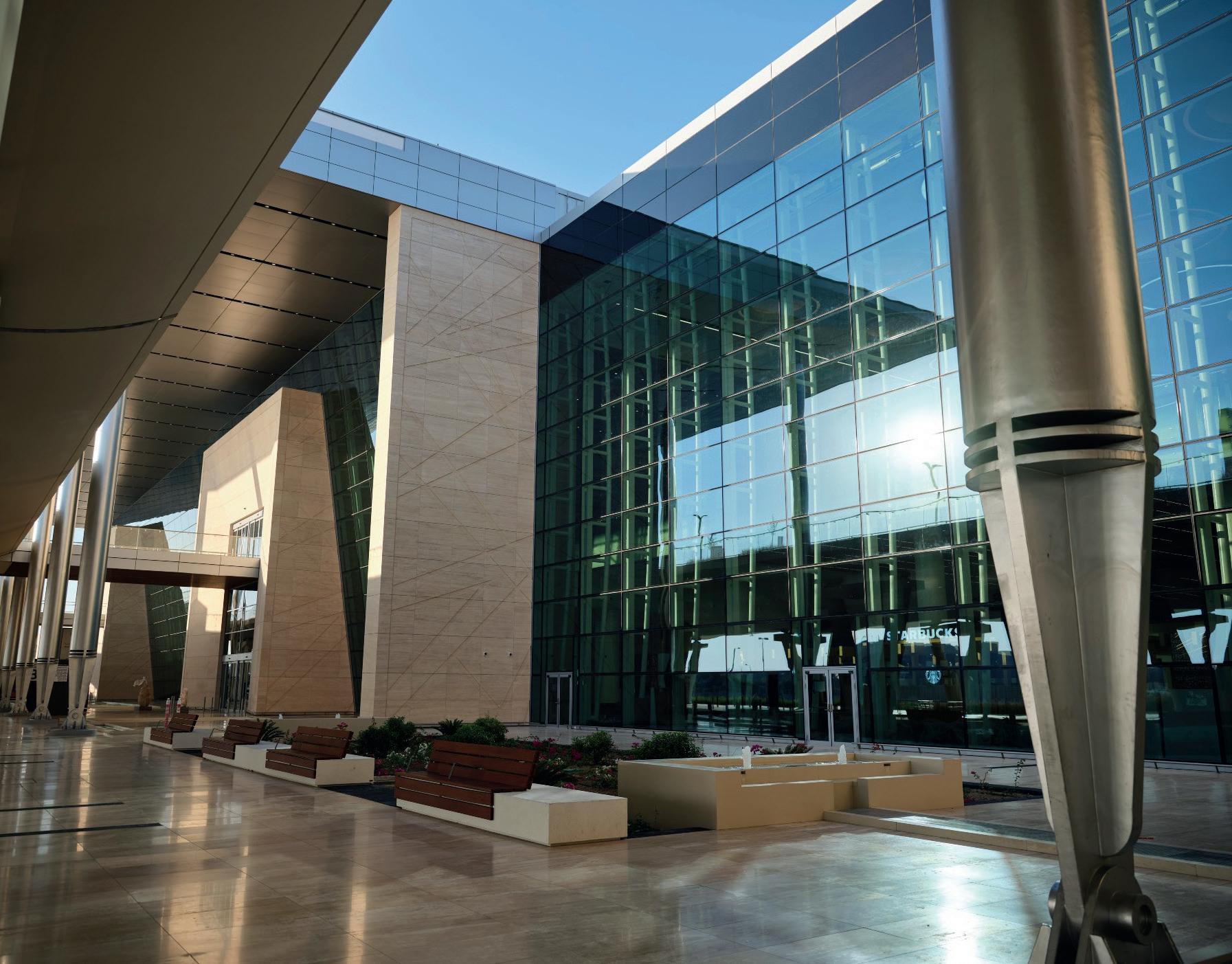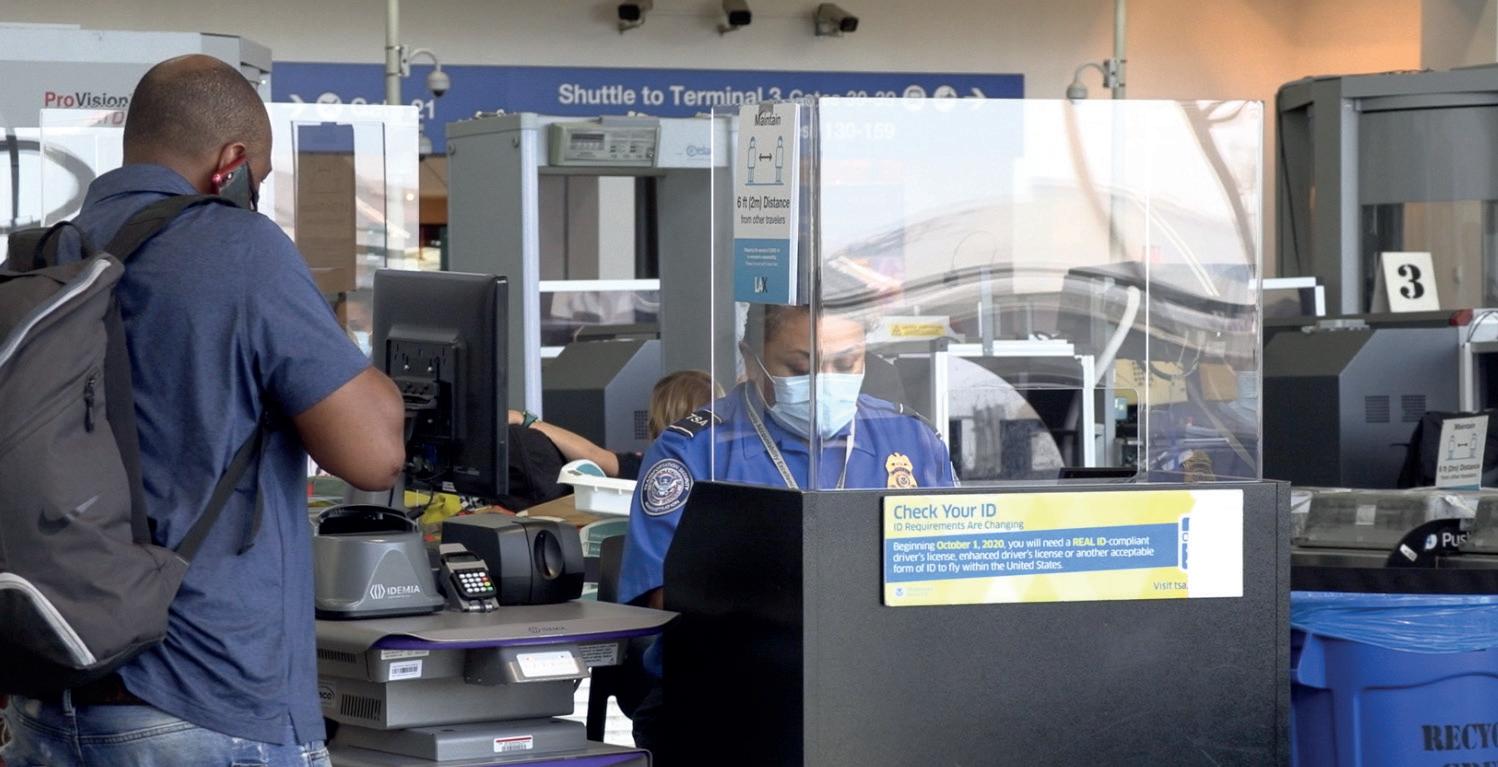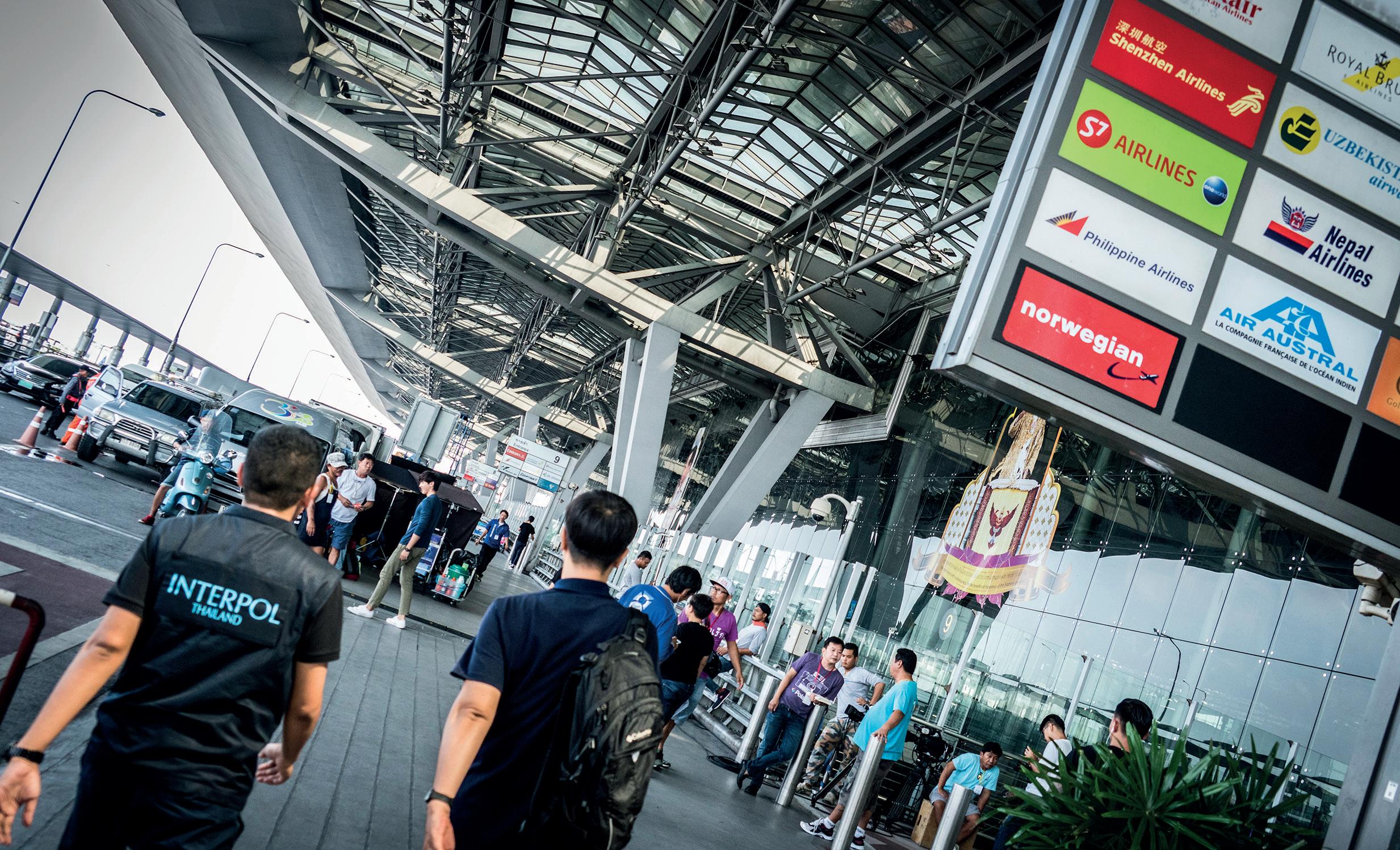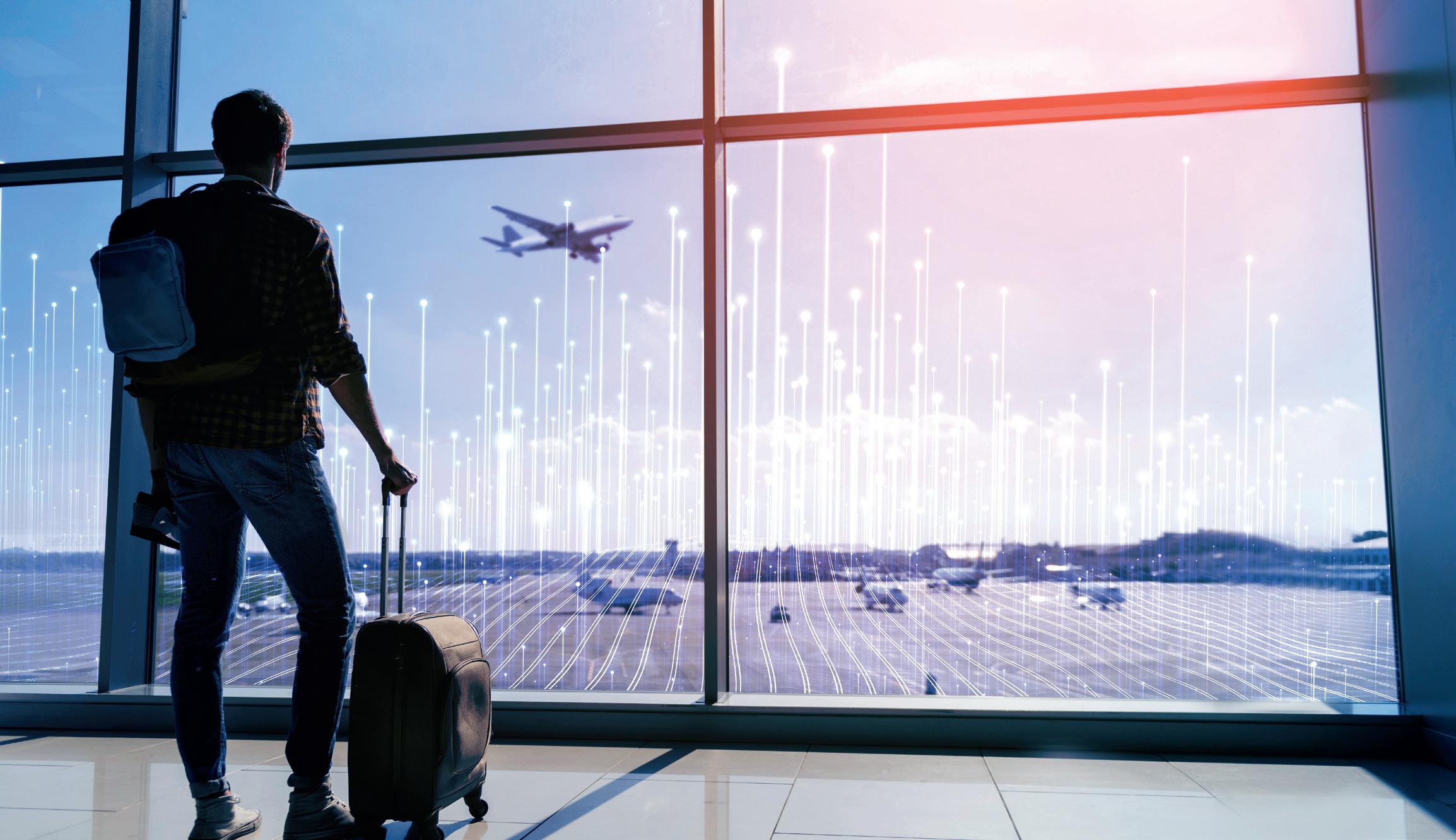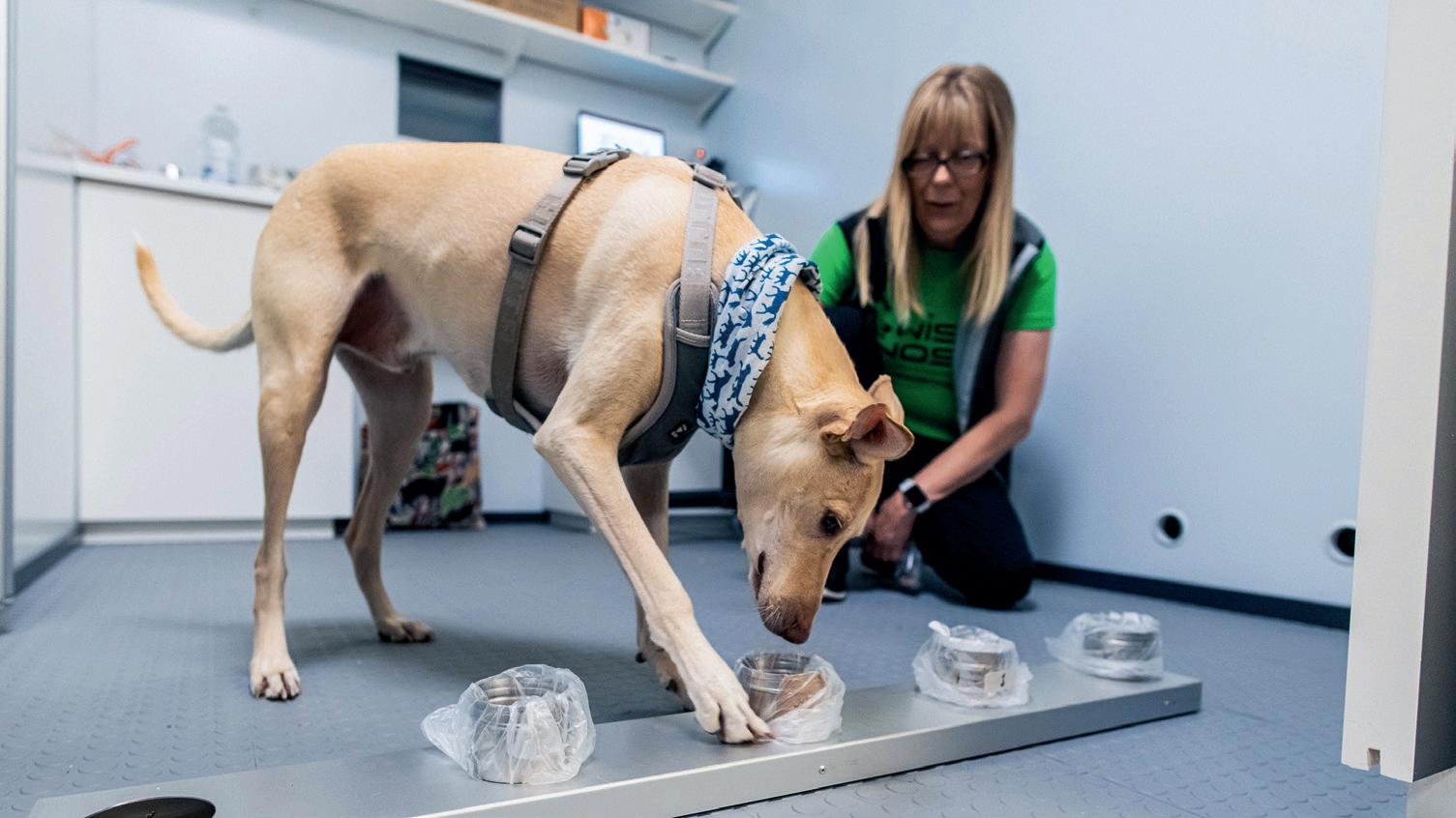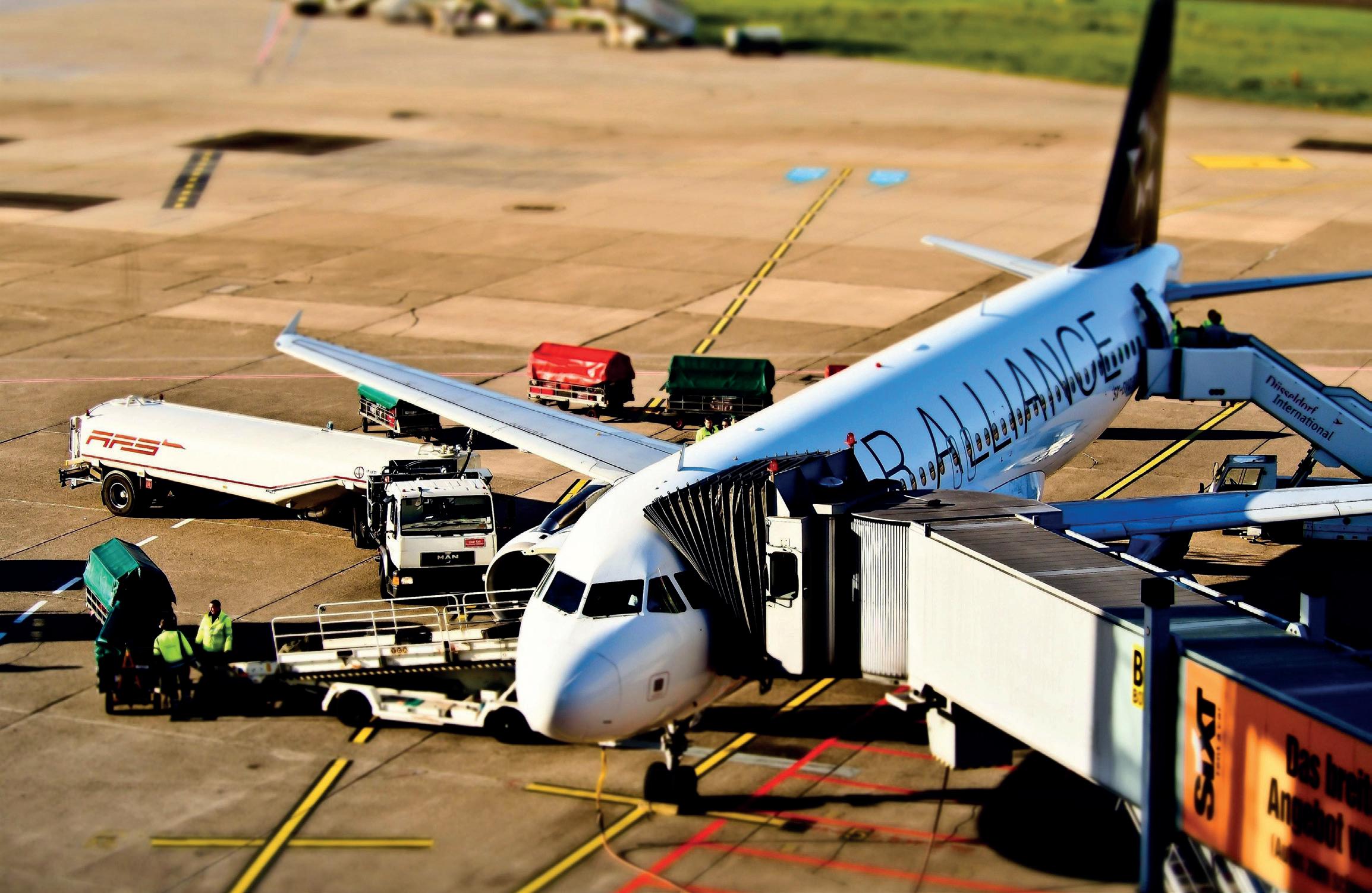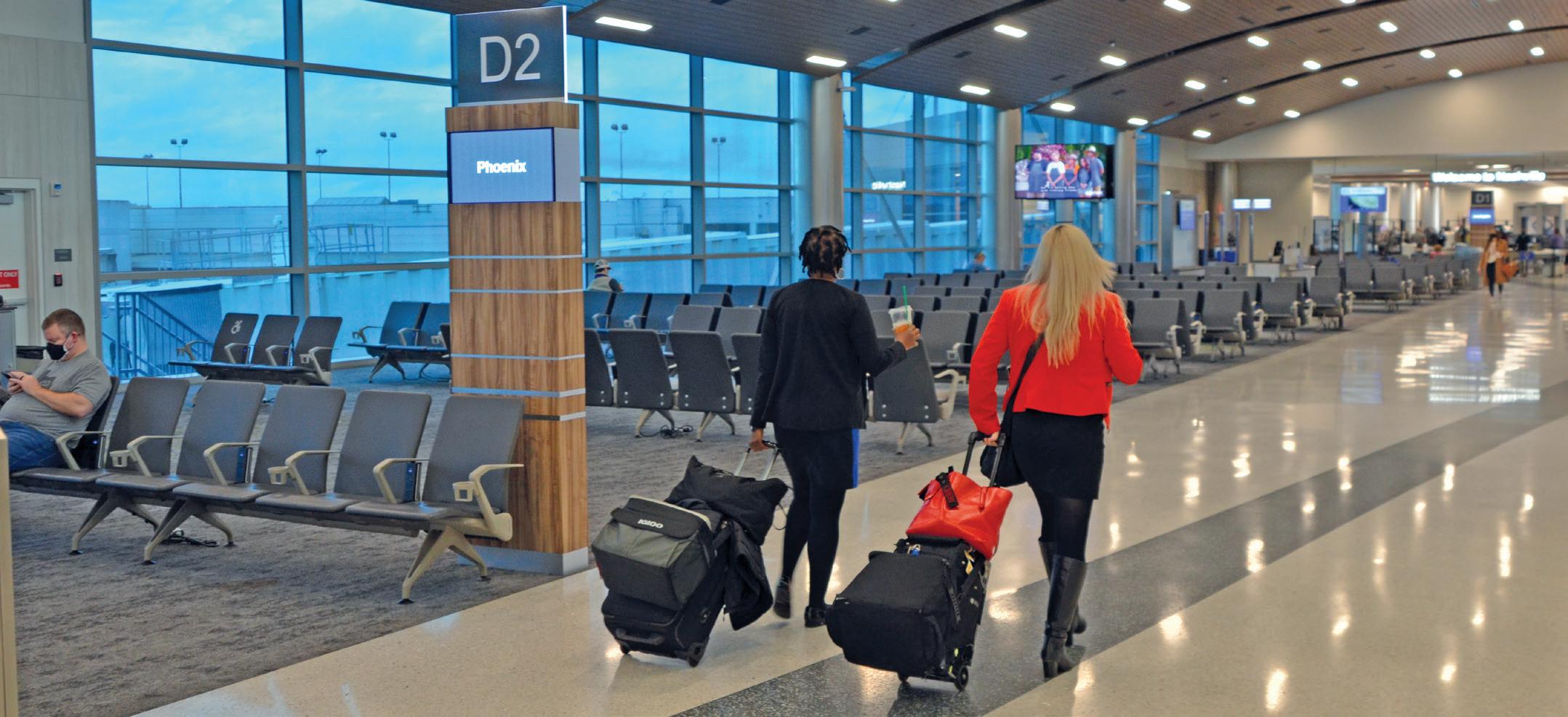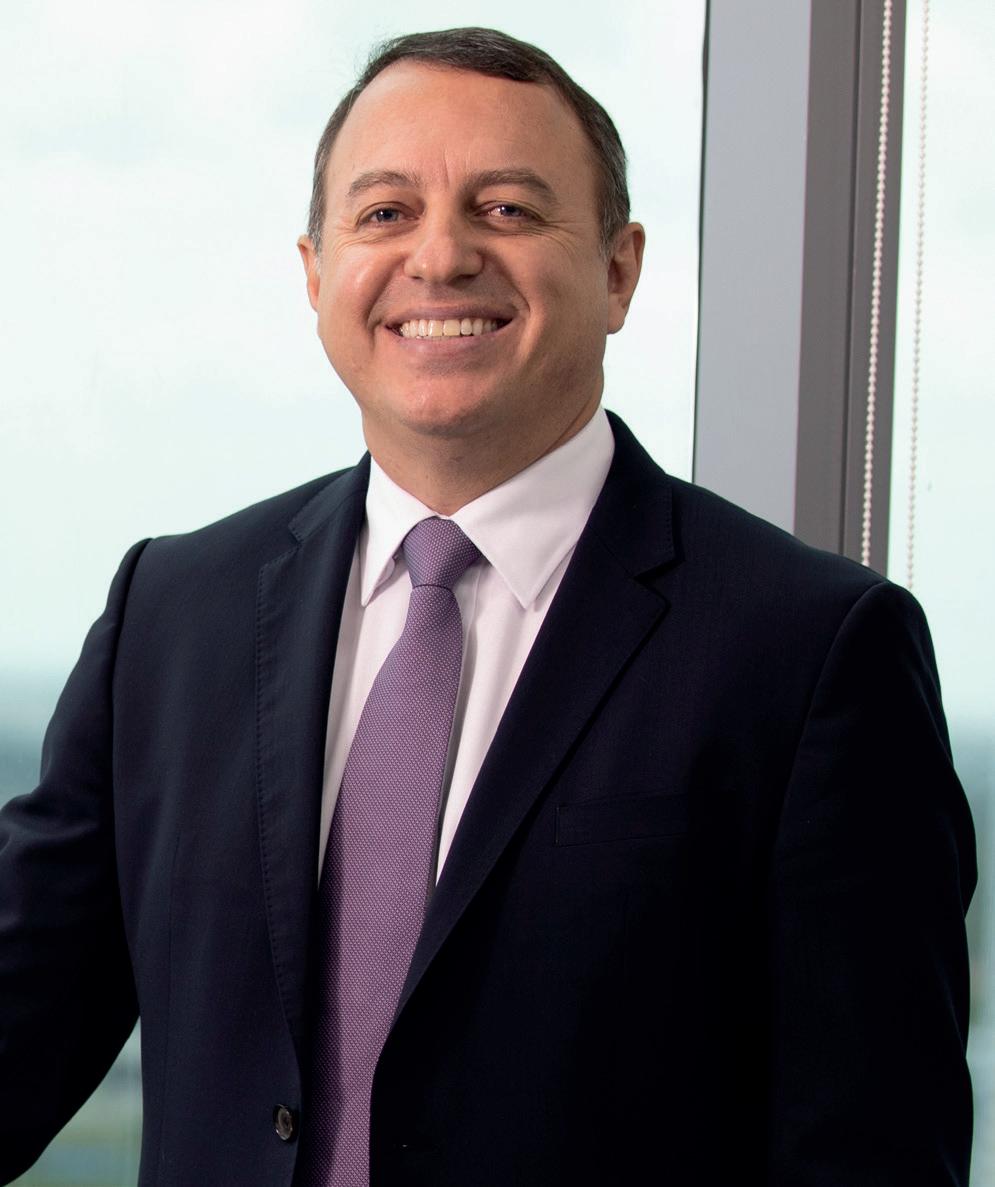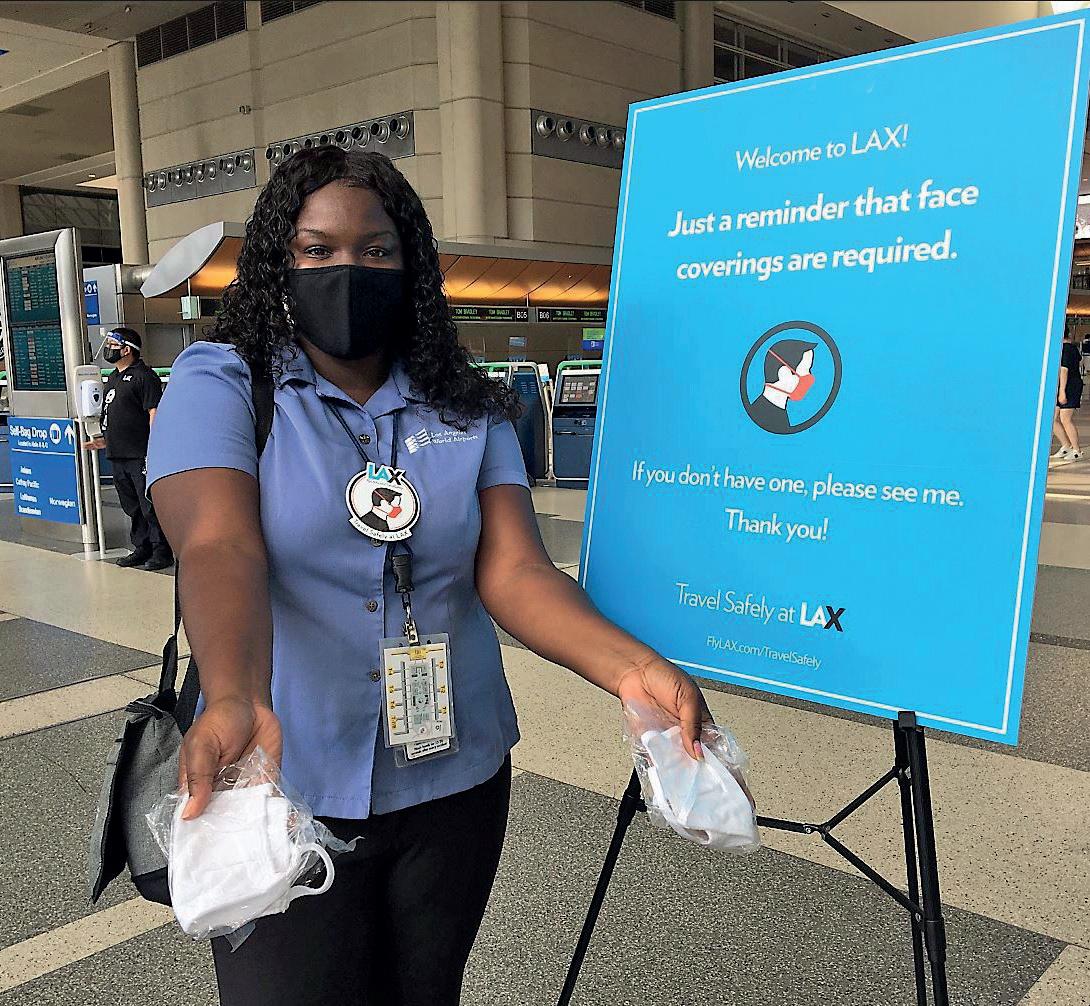SPECIAL REPORT: SAFETY & SECURITY
Crime fighters INTERPOL secretary general, Jürgen Stock, tells Airport World more about some of the key challenges facing it today and how the organisation works with local law enforcement agencies to help combat crime at airports. When, where and why was INTERPOL founded? The INTERPOL story began in 1914 when police and lawyers from 24 countries met at the first International Criminal Police Congress in Monaco to discuss identification techniques and catching fugitives. After the First World War, the idea of an international police body was revived, and the International Criminal Police Commission was established in September 1923 with its headquarters in Vienna. This was the precursor to the INTERPOL of today, which with 194 member countries makes the organisation one of the world’s largest international bodies with its General Secretariat headquarters now in Lyon, France. A secure communications network, I-24/7 (INTERPOL – 24 hours a day, seven days a week) connects police in our member countries as well as providing access to our 18 global databases, including for Stolen and Lost Travel Documents, wanted persons and forensics such as DNA and fingerprints.
What are the main challenges facing INTERPOL today? With our membership spanning the globe, different countries and regions each have their own priorities and challenges across all crime types. However, one of the biggest problems facing law enforcement around the world is cybercrime, which is increasingly being linked to other crime areas.
28
AIRPORT WORLD/ISSUE 1, 2021
What also makes this difficult for countries to investigate is that the crime can be committed anywhere in the world, from anywhere in the world. The COVID-19 pandemic has thrown into sharp relief just how quickly criminals will adapt to changing circumstances. As the virus spread, we saw a wave of criminality follow around the globe. For example, the 2020 edition of the annual Operation Pangea co-ordinated by INTERPOL, saw new trends in the sale of counterfeit medicines, counterfeit facemasks, sub-standard hand sanitisers and unauthorised anti-viral medication. And with financial frauds, again we have seen criminals taking advantage of the pandemic, especially as countries scrambled to purchase protective equipment for medical staff. One sophisticated fraud scheme using compromised emails, advance-payment fraud and money laundering was as part of a case co-ordinated by INTERPOL in which German authorities were nearly duped into paying €2.4 million for masks they never received. Eventually two suspects were arrested in Nigeria. The pandemic has also clearly affected other crime areas, especially where travel restrictions were implemented. But here again, criminals proved to be adaptive and changed their ‘business models’ for example in relation to drug crime.




